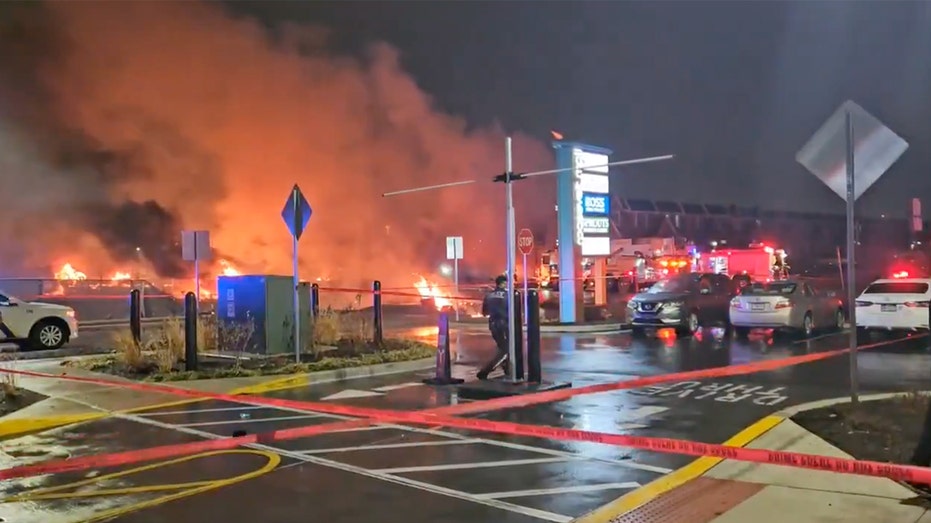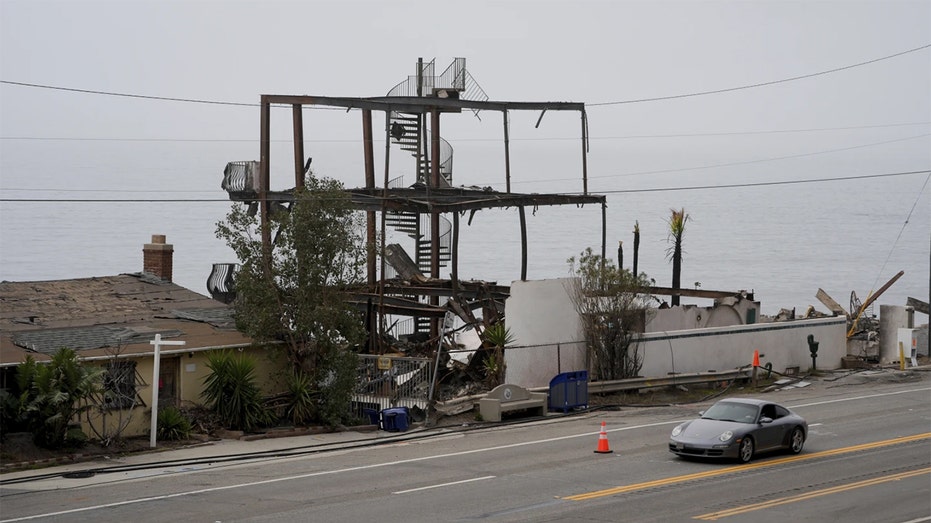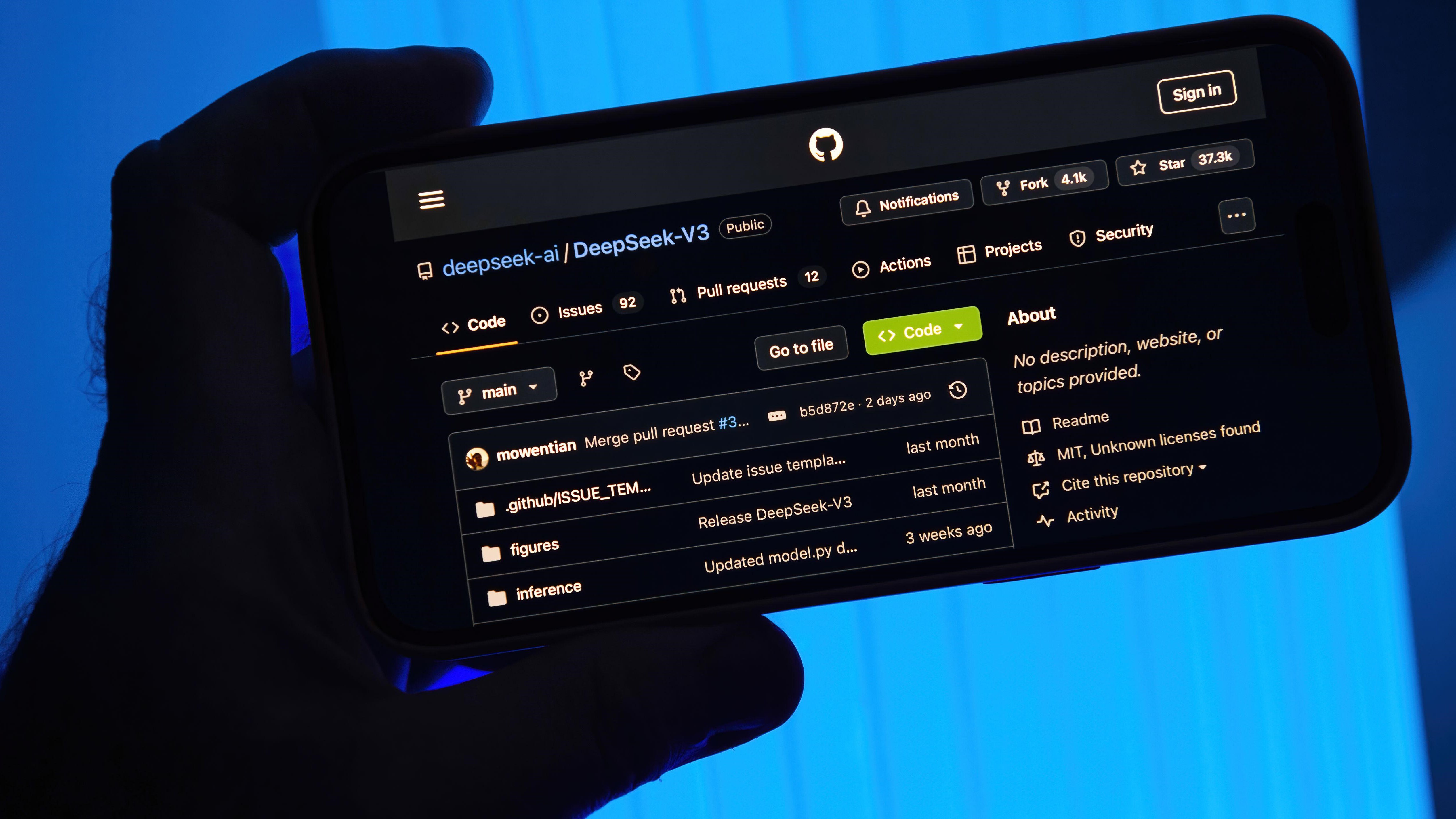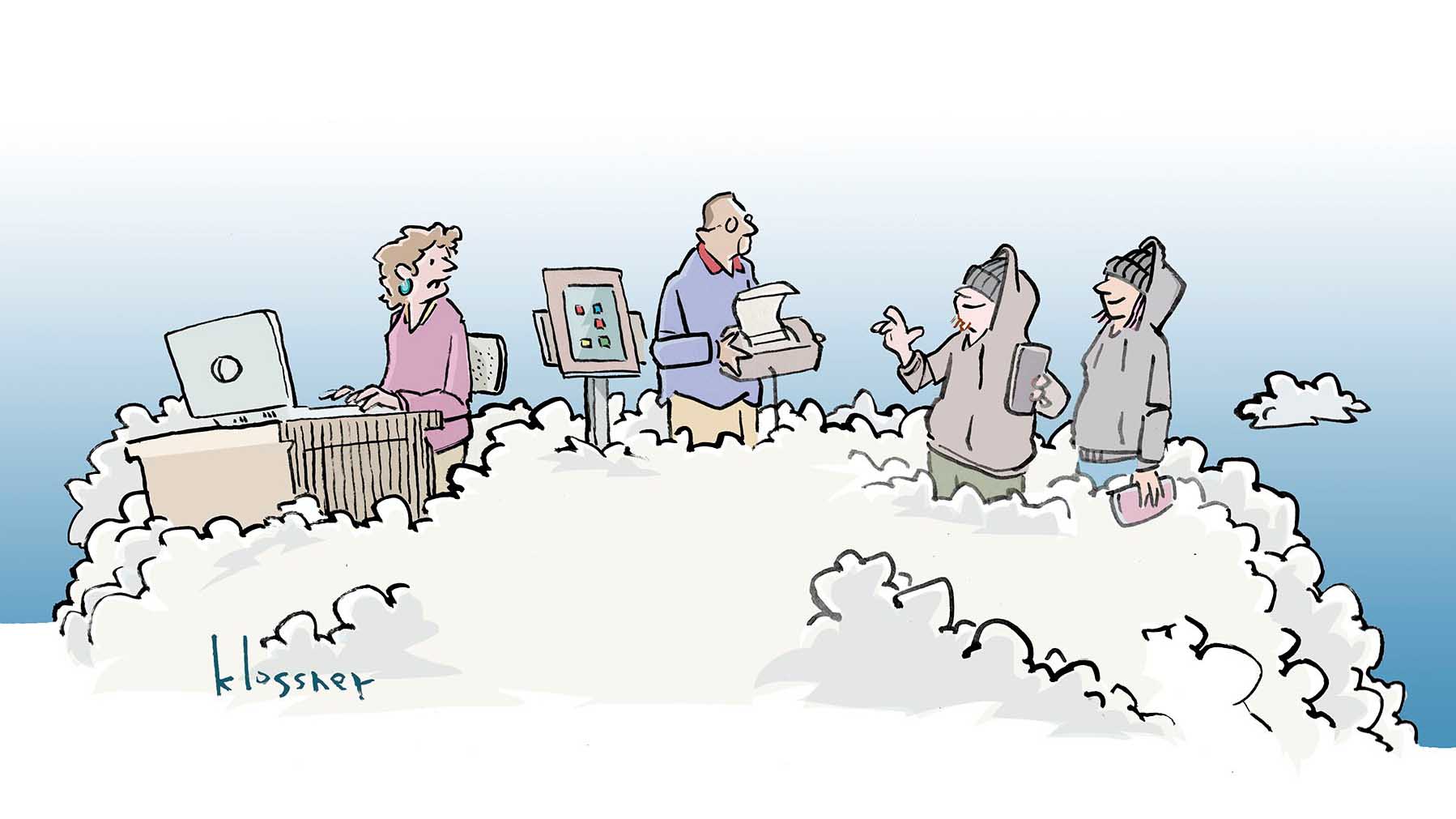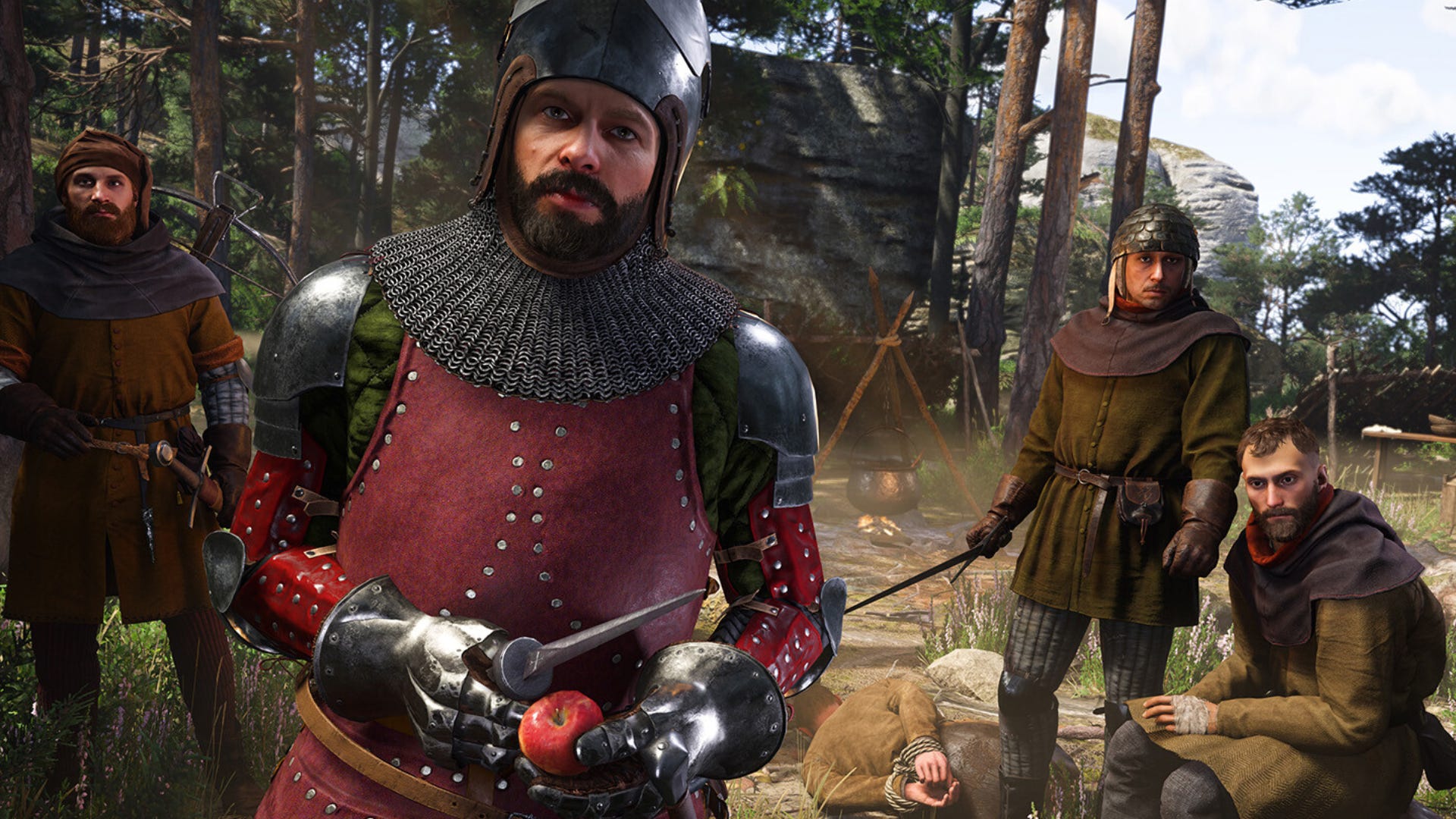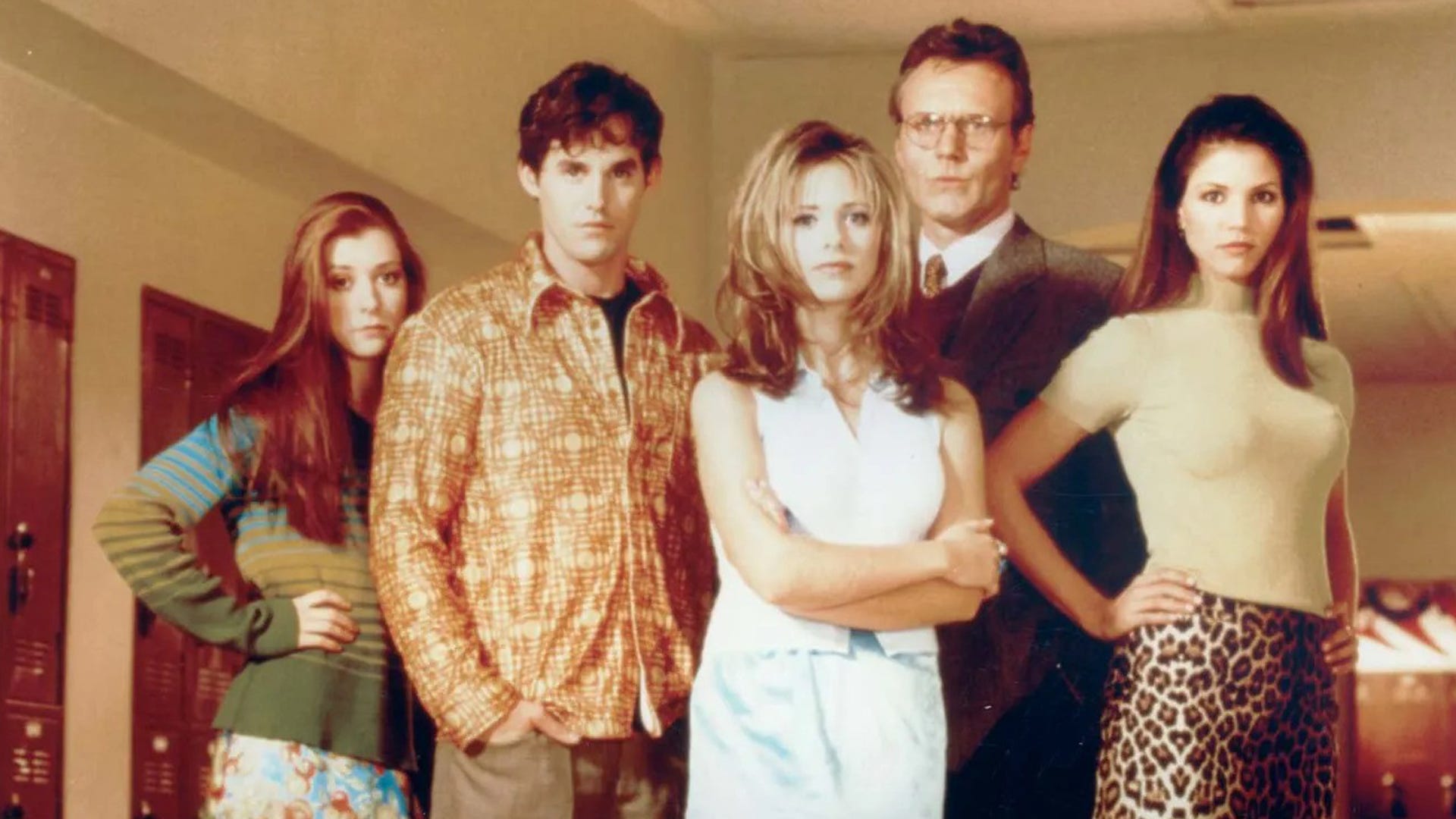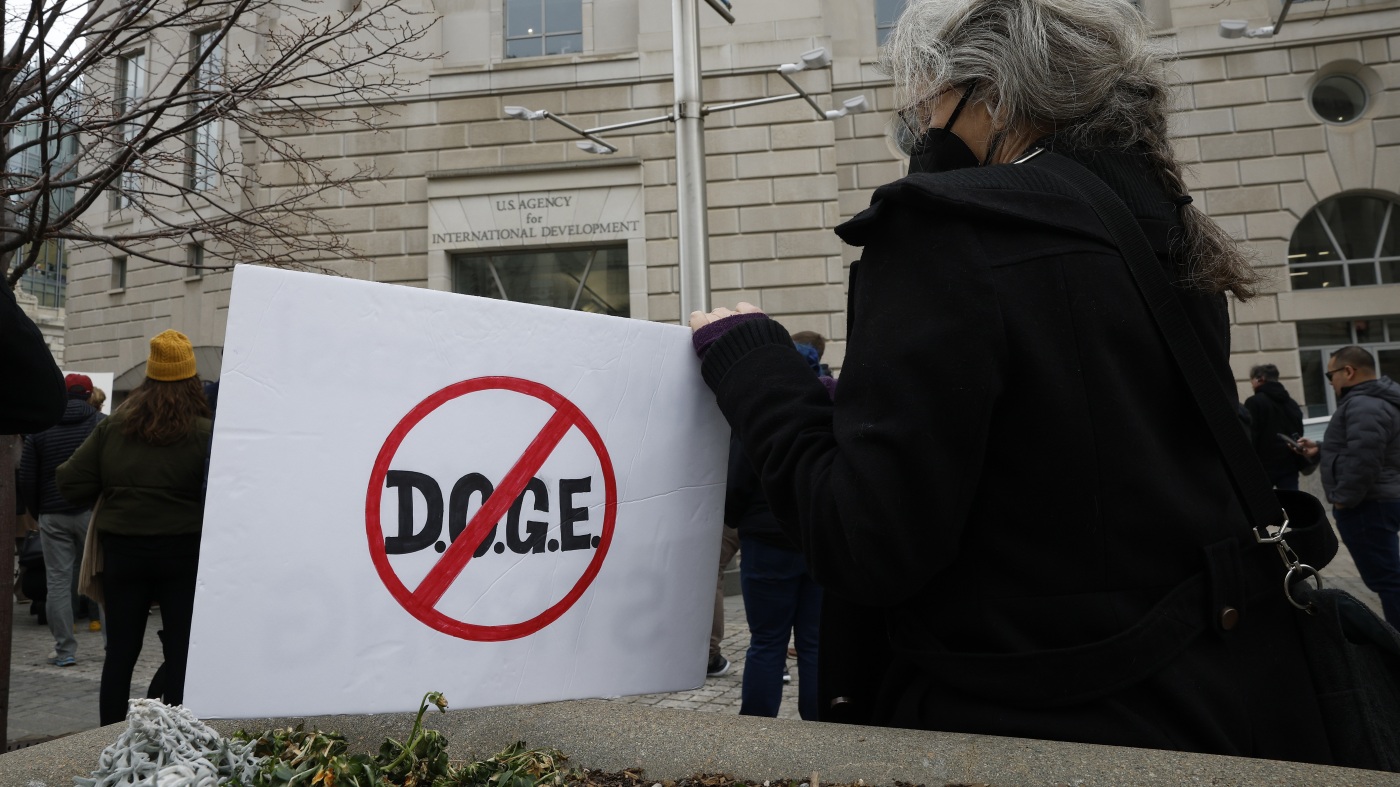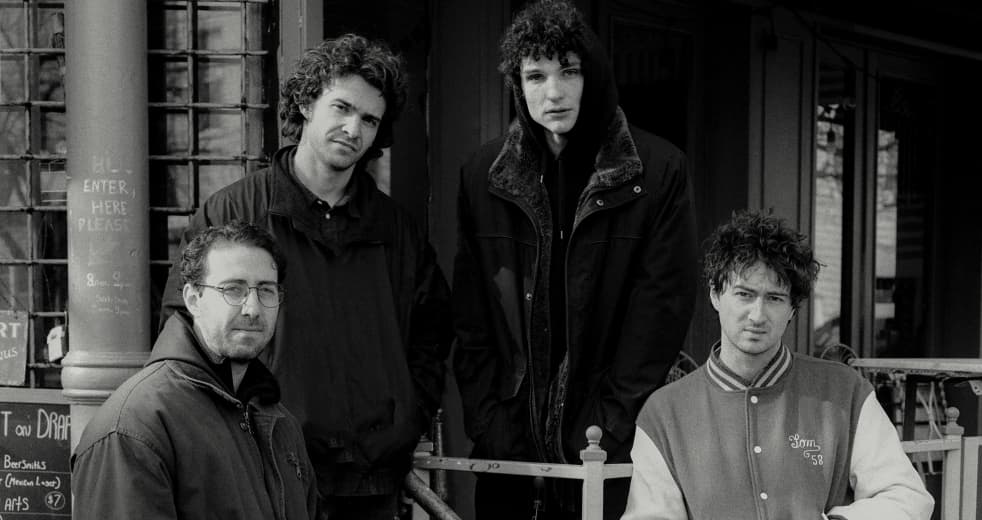Their husbands and sons were killed by the police. But Brazil’s grieving mothers are banding together
Every year, 6,000 people, mostly young Black men, are victims of state violence. Now, ‘scholarship mums’ are acting as paid researchers in a pioneering programme to provide support to those left behindSonia Bonfim Vicente recalls every detail of the night in September 2021 when police killed her husband, William, and 17-year-old son, Samuel, as they rode a motorbike through a Rio de Janeiro favela; from her dread when they didn’t come home to the exact time she arrived at the hospital looking for them. She has been fighting for justice ever since, trying to prove that officers planted drugs and weapons on them to justify the murders as self-defence. “I started my own investigation,” says Vicente, 39, as she riffles through pages and pages of paperwork.At every step of this gruelling process, from the hospital where her husband and son were pronounced dead to the police station and public prosecutor’s office where she went looking for answers, Vicente was treated coldly, dismissed, and even intimidated. But she kept going and began meeting other mothers who had lost a child to police violence. Continue reading...

Every year, 6,000 people, mostly young Black men, are victims of state violence. Now, ‘scholarship mums’ are acting as paid researchers in a pioneering programme to provide support to those left behind
Sonia Bonfim Vicente recalls every detail of the night in September 2021 when police killed her husband, William, and 17-year-old son, Samuel, as they rode a motorbike through a Rio de Janeiro favela; from her dread when they didn’t come home to the exact time she arrived at the hospital looking for them. She has been fighting for justice ever since, trying to prove that officers planted drugs and weapons on them to justify the murders as self-defence. “I started my own investigation,” says Vicente, 39, as she riffles through pages and pages of paperwork.
At every step of this gruelling process, from the hospital where her husband and son were pronounced dead to the police station and public prosecutor’s office where she went looking for answers, Vicente was treated coldly, dismissed, and even intimidated. But she kept going and began meeting other mothers who had lost a child to police violence. Continue reading...

